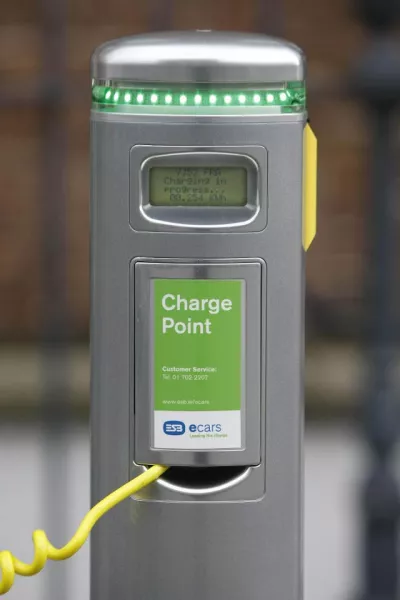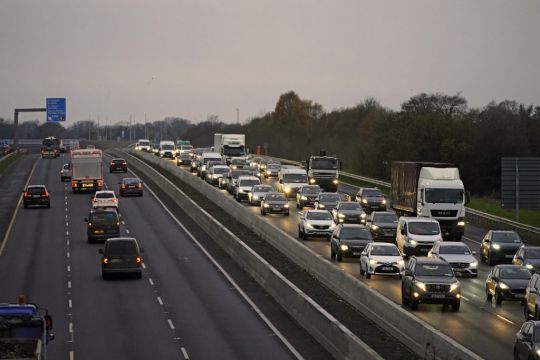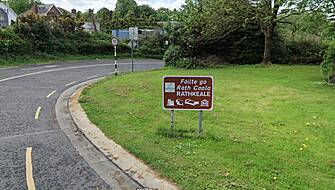There is a correlation between traffic-produced air pollution and stroke admissions in Ireland, an Oireachtas committee has been told.
Dr Colm Byrne, from the Irish Doctors for the Environment and consultant geriatrician at the Mater Hospital in Dublin, carried out research into air pollution and stroke incidence in Ireland.
Dr Byrne told the Joint Committee on Environment and Climate Action, that air pollution from cars affects respiratory and cardiovascular diseases.
The committee heard from a number of people about the Government’s plan to have one million electric vehicles on Ireland’s roads by 2030.

Speaking about the effects of air pollution, Dr Byrne said: “It has demonstrated a correlation between traffic produced air pollution and stroke admissions in this country.
“Other researchers in Ireland have demonstrated similar effects on respiratory and cardiovascular diseases.
“This is in line with international studies that have demonstrated that there is no such thing as a safe level of air pollution and recent changes to WHO guidelines have reflected this reality.
“There are, however, other effects of cars to human health than just tailpipe emissions.
“All cars, including electric propelled cars, produced particulate matter from other sources such as tyre wear and brake pads.”
He said that noise pollution is increasingly being recognised as a “major” health issue, with cardiovascular disease, stroke and dementia among others, associated with noise pollution.
Marguerite Sayers, the executive director of customer solutions at ESB, said the plan to transition to zero carbon transport will require a whole system approach,” she told the committee.
“We need to see much more active travel and that’s including walking, cycling and indeed the increased use of public transport.”
“However, there will likely be a strong residual desire for private car ownership, given the particular demographics of Ireland.
“Where this is the case there are huge advantages in terms of both air quality and emissions with those cars being electrically powered.
“In addition to private transport, there are significant volumes of both light and heavy freight, which will continue, at which we’ll need to decarbonise.
“Electricity will play an ever increasing role here as battery performance improves, and larger vehicles can be electrified.
“Therefore in time, more charging infrastructure will be required in supporting Ireland to reach its required EV (electric vehicle) uptake.”
She added: “The number of charging sessions on our system has tripled since the beginning of 2021.
“It’s now typically about 70,000 sessions per month.”
Damien O Tuama, the national cycling coordinator at Cyclist.ie, said the discourse around immobility and electric vehicles has been largely dominated by e-cars.
He said there is less debate around e-cycling, e-bikes, e-trikes in helping to decarbonise transport.
“For e-bikes, it’s not just about decarbonising transport, they’re very much at the heart of decongesting Irish towns and cities and villages, and really making the board more economically vibrant,” Mr O Tuama added.
“They improve the liveability of towns because more spaces opened up for business of the public space.
“Crucially, they improve public health through being active travel vehicles themselves, you only get the kick from the electric power when you pedal yourself.”







